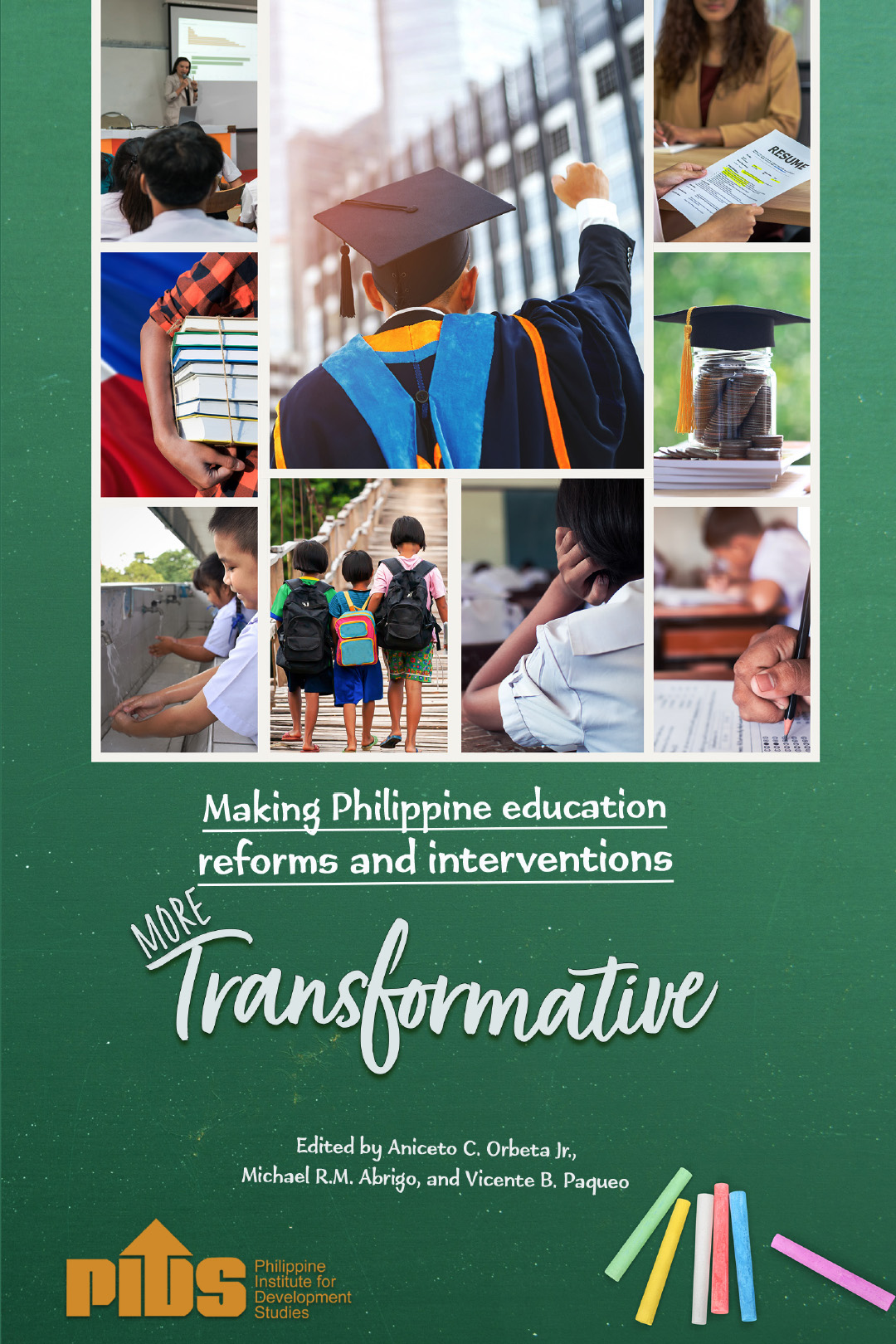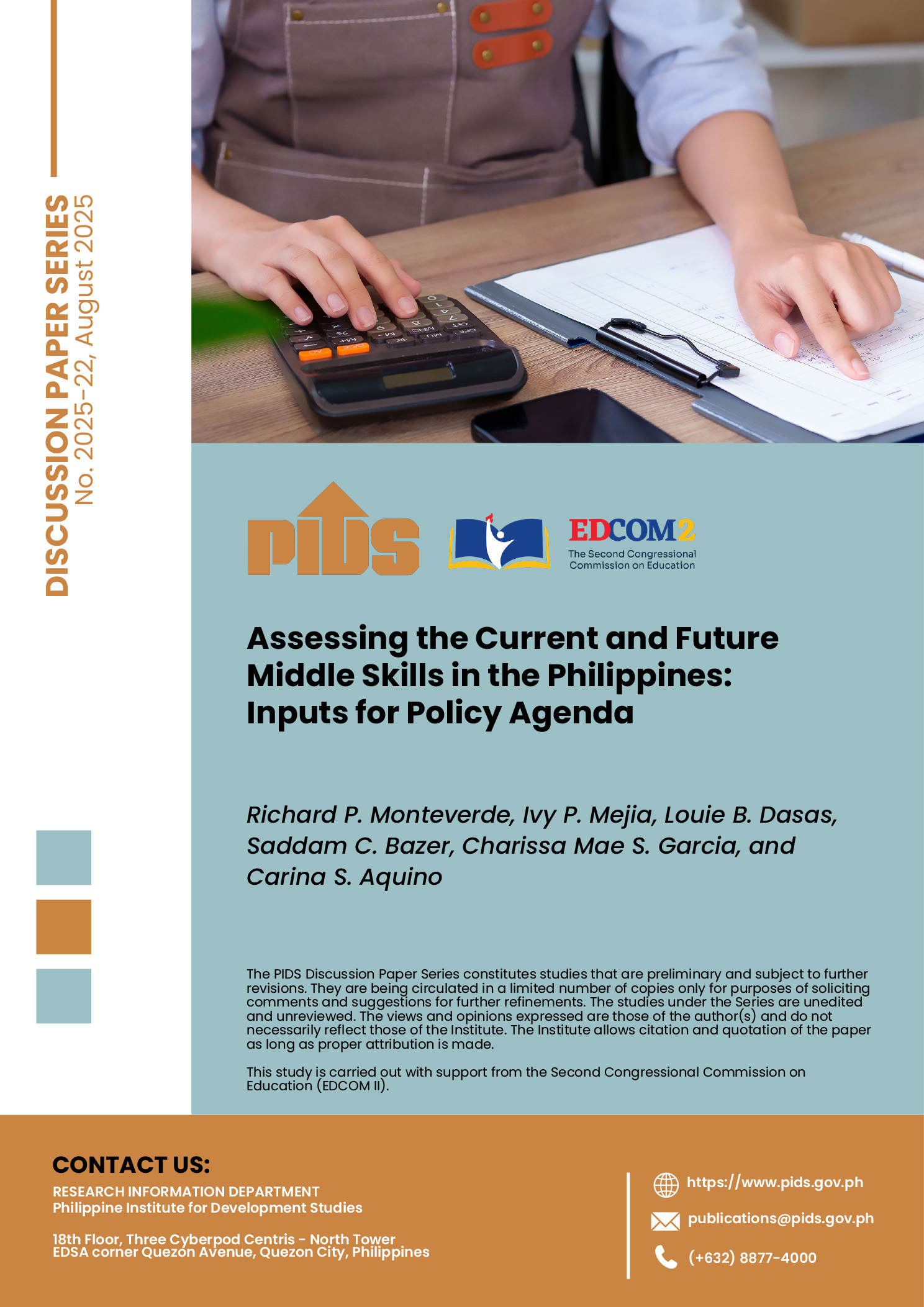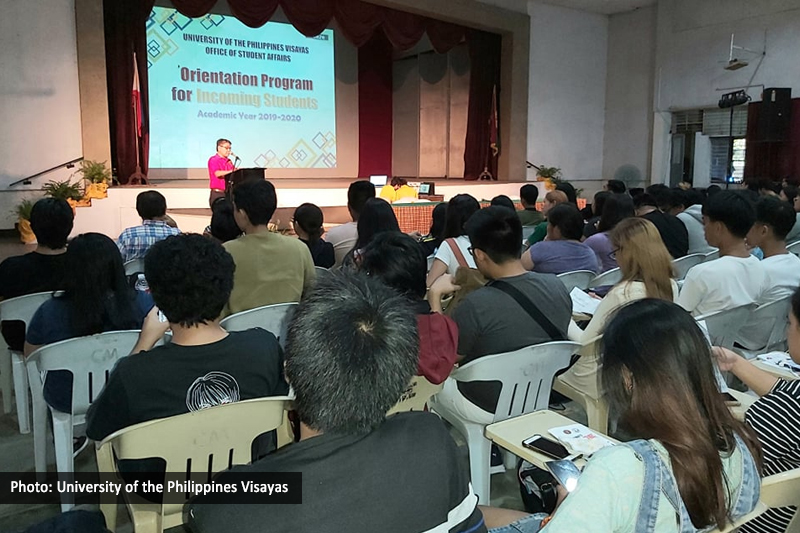THE PHILIPPINES slips to the 10th rank in the latest Global Gender Gap Index by the World Economic Forum (WEF). It remains the most gender-equal nation, however, in Southeast Asia.
According to the WEF, this decline from 7th in 2016 in the country’s global ranking is due to its failure to address the gender wage gap in several local industries. In a study, state think tank Philippine Institute for Development Studies (PIDS) researchers Jose Ramon Albert and Jana Flor Vizmanos confirmed this claim. They found that men remain better compensated in the areas of services, trade, and manufacturing, which are among the country’s major sources of growth. Such is the case despite the huge employment share of women in these sectors.
The story is worse in the case of persons with disabilities (PWDs). Comparing the economic activities of men and women with disabilities, PIDS researchers Aubrey Tabuga and Christian Mina found that PWD women allot more work time to non-income-generating jobs such as household duties and personal activities. Focusing on their economic participation in Cebu province, Mina, in another study, also found them to be deprived of access to education, employment opportunities, and assistive devices and facilities.
Aside from economic parity, the country still has to address other gender-related issues, such as violence against women and children (VAWC), political parity, and the reopening of its health and survival gender gap.
In terms of VAWC, PIDS consultant Clarissa David noted a slow decline in the number of reported cases of sexual violence against women. Disturbingly, her study also revealed that more than 1 in every 10 women believe such violence is acceptable.
Meanwhile, although the WEF report lauded the country for the substantial improvement in its political parity, a closer look at statistics will still reveal a glaring gap in the distribution of women and men leaders in the country. For instance, David, Albert, and Vizmanos, in another study, noted a decline in the share of women leaders in local elective posts, from 20 percent in 2010 down to merely 11 percent in 2013. Filipino women are likewise underrepresented in highest positions in the private sector.
These issues clearly show that there is still a lot to be done to realize gender parity in the Philippines. Promoting the economic empowerment of women will not only enhance their participation in society but will also help curb sexual and domestic violence against them. Women should have equal opportunities as men in decision-making. This can be made possible by having more women leaders in decision-making positions in both government and industry. Studies that delve into the various aspects of and issues in gender and development are also needed to provide a broader and more nuanced perspective on gender equalities.












